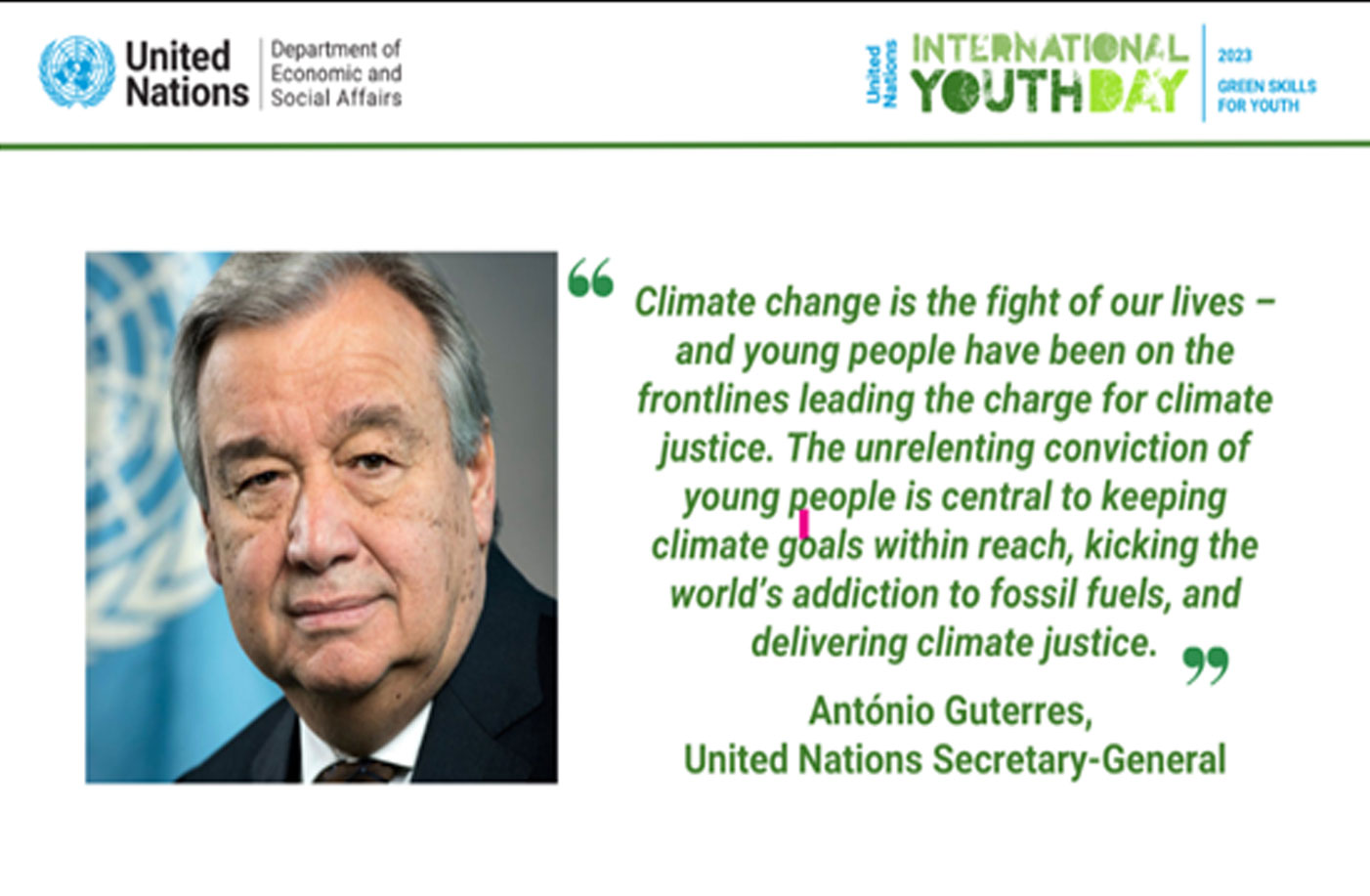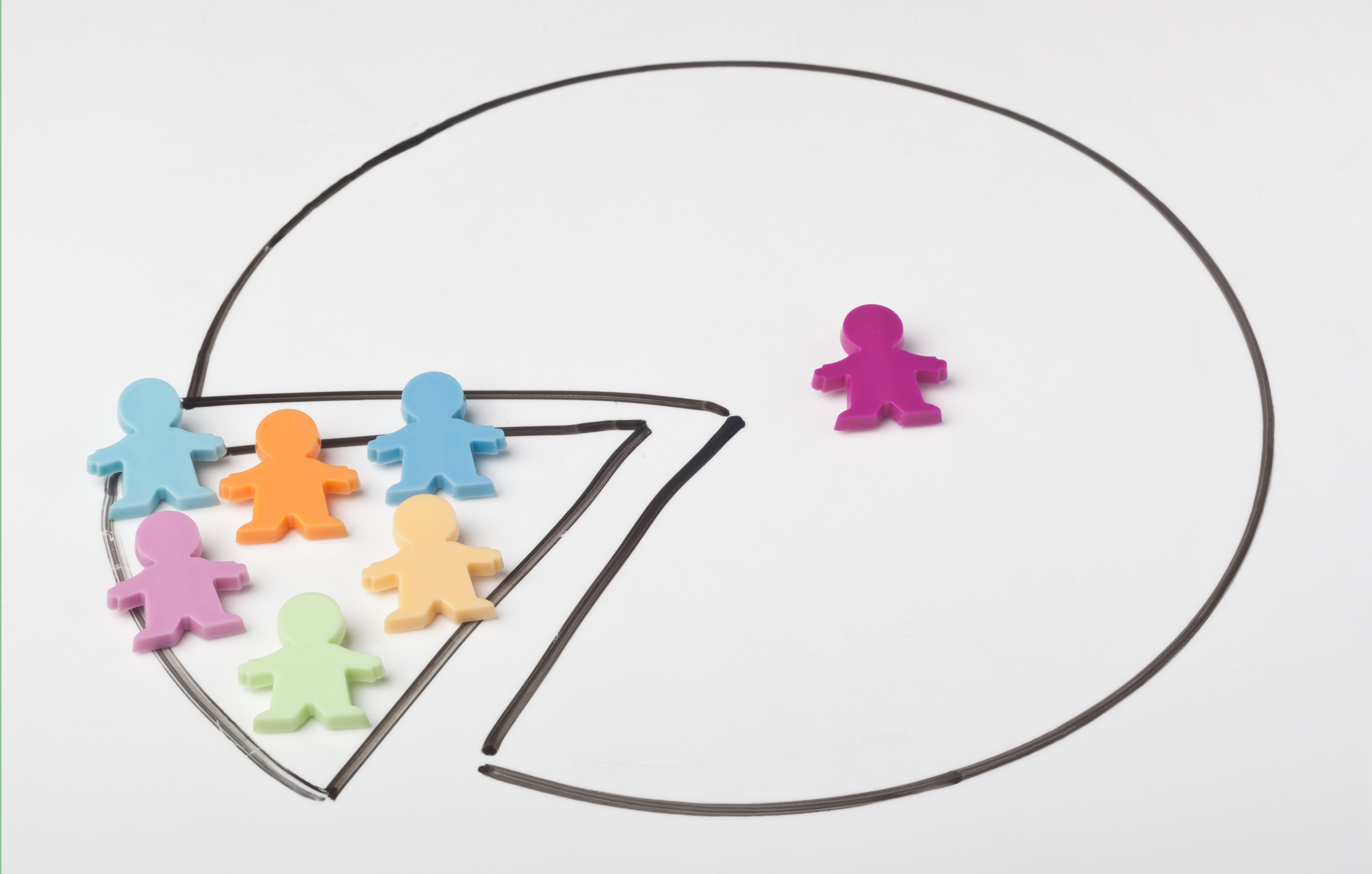“A scared fighter may be the best fighter, but the scared learner is always a poor learner.” - John Holt
“You didn’t study, that’s why you’ve failed! I’ve given you notes, but still, you couldn’t score borderline passing marks! “
Often these are the words we hear most of the teachers say in a classroom when a student they’ve taught, fails. John Holt has an entirely different perspective. As per his observations, schools are moulding students to become more prognosticators than knowledgeable. If you ask why, it’s because when a question is posed in front of the students, they extract hints, and read expressions and body language to gauge the correct answer before answering, instead of critically thinking and analyzing. This turns them into lunatics (mentally), paving the way for a future nation full of people without opinions.

Children usually love to learn. We’ve seen it in them when they were kids are were curious to know-how/s, why/s, when/s, what/s of everything they came across. Similarly, you must’ve also noted that when you enforce a child to do something, they wouldn’t even come close to doing it, or abide by whatever they’ve been told to. It’s the exact same when it comes to learning. When they are pressured to learn, they would only do it for the sake of it or might as well not do it at all.
Therefore, creating an environment where learning is done with circumstances that encourage learning through experience, liking, application, and reasoning is important. Failure is a dreaded word. It’s a loop consisting of fright of not meeting the expectations of the adults around, sluggishness due to not being able to find a connection between real life & the curriculum being taught, and lastly, the confusion that arises out of it, leading back to square one.
In one such example, Holt states during his observation that, a girl simply just waited a few hands to rise, and then raised her hands with sheer confidence, even when she didn’t know the answer to the question that was asked. She purely did this because she felt, by merely “acting confident & raising a hand” makes the teacher think that you’re confident and had the right answer, and she will eventually end up asking someone else for the answer.
We can also put it this way, teachers create an environment of fear which makes the student strive for the correct answer, or act like having the correct answer. An undeniable image is insinuated that teachers are forever right. This needs to be dissolved. It is very much necessary to keep in mind for teachers to have a very collaborative classroom, where all ideas, and answers of children are accepted, which prompts them into speaking their minds, think, and ignite the curiosity of learning. A surrounding where zero judgments, mutual respect, guidance, and care other than academics curates a healthy situation of the teaching-learning process.

Additionally, Holt also expresses his desire that schools should formulate a curriculum, which adds meanings to the lives of the learner, they learn in such a way that they should know the application of it in their real lives. Learning should be a smooth process and not a dumping ground wherein knowledge is simply dumped. It should be a process, a fruitful process. Children should be taught how and where to extract information and resources and how, why, and when to utilize it. Schools shouldn’t aim at just churning out batches of students, rather they should keep an eye on the quality of minds they’re giving out to the world, because these are the future minds that are going to shape the world. So why not make it productive? A lot of the portion of this book can be related to the thoughts of pragmatic thinkers. As quite famously said by John Dewey: ‘Schools are the miniature versions of the society because that’s where the majority shaping of a child begins’.
Related posts:
No related posts.




